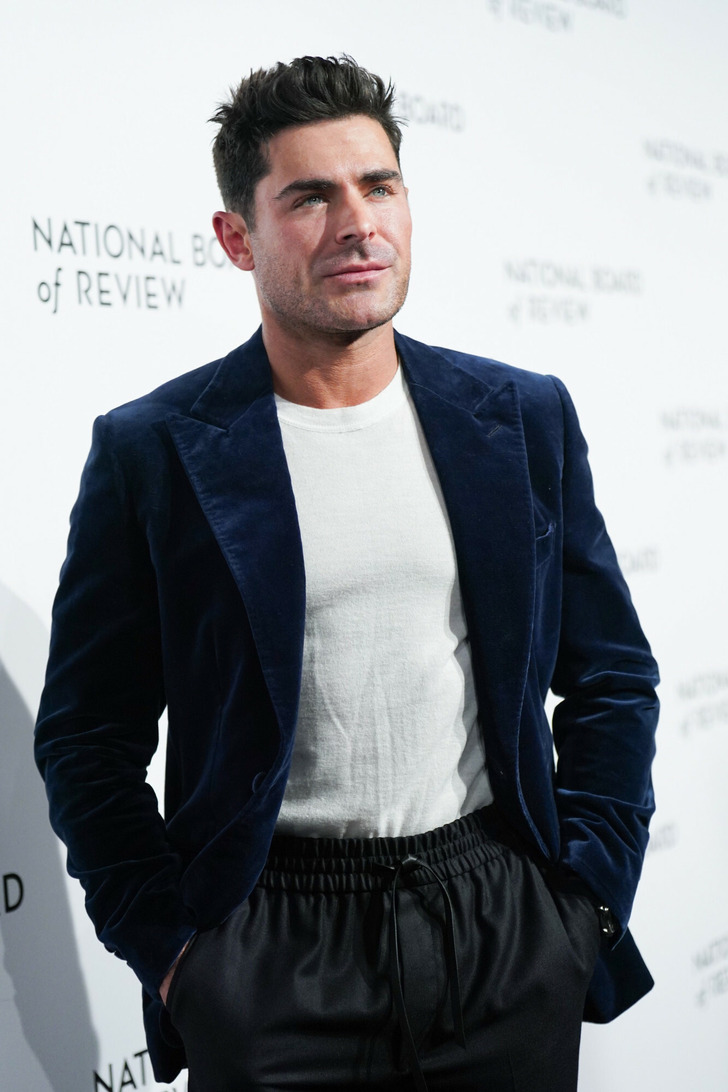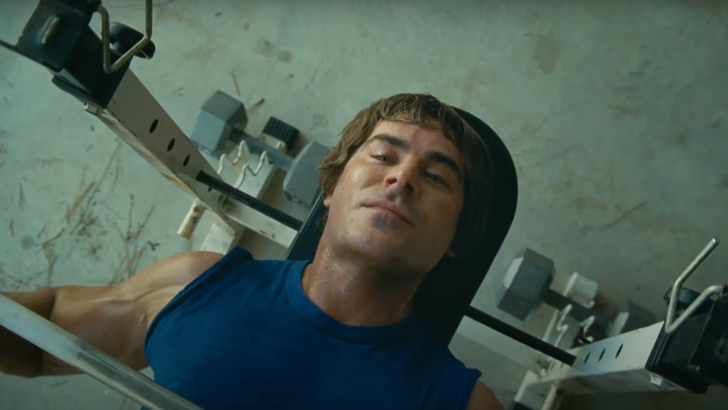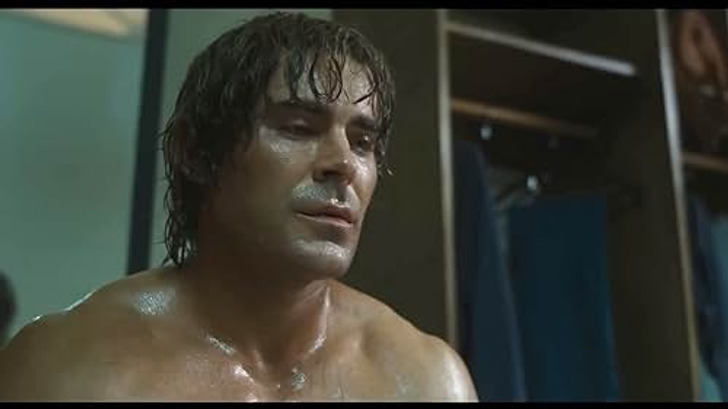
Anne Heche has died of a brain injury and severe burns after speeding and crashing her car into a home in the residential Mar Vista neighborhood last Friday, Aug 5. The building erupted in flames and Heche was dragged out of the vehicle and rushed to the Grossman Burn Center at West Hills Hospital in Los Angeles.
The 53-year-old, Emmy Award-winning actress is best known for her roles in 1990s films like Volcano, the Gus Van Sant remake of Psycho, Donnie Brasco and Six Days, Seven Nights.
Holly Baird, a spokesperson for Heche’s family, sent NPR a statement Friday afternoon saying: “While Anne is legally dead according to California law, her heart is still beating, and she has not been taken off life support.”
Sponsor Message
Baird added an organ procurement company is working to see if the actress is a match for organ donation, and that determination could be made as early as Saturday or as late as next Tuesday.
Heche launched her career playing a pair of good and evil twins on the long-running daytime soap opera Another World, for which she earned a Daytime Emmy Award in 1991.
In the 2000s, Heche focused on making independent movies and TV series. She acted with Nicole Kidman and Cameron Bright in the drama Birth; with Jessica Lange and Christina Ricci in the film adaptation of Prozac Nation, Elizabeth Wurtzel’s bestselling book about depression; and in the comedy Cedar Rapids alongside John C. Reilly and Ed Helms. She also starred in the ABC drama series Men in Trees.
Heche made guest appearances on TV shows like Nip/Tuck and Ally McBeal and starred in a couple of Broadway productions, garnering a Tony Award nomination for her performance in the remount of the 1932 comedy Twentieth Century.
In 2020, Heche launched a weekly lifestyle podcast, Better Together, with friend and co-host Heather Duffy and appeared on Dancing with the Stars.
Heche became a lesbian icon as a result of her highly-visible relationship with comedian and TV host Ellen DeGeneres in the late 1990s.
Heche and DeGeneres were arguably the most famous openly gay couple in Hollywood at a time when being out was far less acceptable than it is today. Heche later claimed the romance took a toll on her career. “I was in a relationship with Ellen DeGeneres for three-and-a-half years and the stigma attached to that relationship was so bad that I was fired from my multimillion-dollar picture deal and I did not work in a studio picture for 10 years,” Heche said in an episode of Dancing with the Stars.
But the relationship paved the way for broader acceptance of single-sex partnerships.
“With so few role models and representations of lesbians in the late 1990s and early 2000s, Anne Heche’s relationship with Ellen DeGeneres contributed to her celebrity in a significant way and their relationship ultimately validated lesbian love for both straight and queer people,” said the Los Angeles-based New York Times columnist Trish Bendix.
Bendix said that while Heche was later in relationships with men — she married Coleman Laffoon in the early 2000s and they had a son together, and was more recently in a relationship with Canadian actor James Tupper with whom she also had a son — “her influence on lesbian and bisexual visibility can’t and shouldn’t be erased.”
In 2000, Fresh Air host Terry Gross interviewed Heche in advance of her directorial debut on the final episode of If These Walls Could Talk 2, a series of three HBO television films exploring the lives of lesbian couples starring DeGeneres and Sharon Stone. In the interview, Heche said she wished she had been more sensitive about other people’s coming out experiences when she and DeGeneres went public with their relationship.
“What I wish I would have known is more of the journey and the struggle of individuals in the gay community or couples in the gay community,” Heche said. “Because I would have couched my enthusiasm with an understanding that this isn’t everybody’s story.”
Heche was born in Aurora, Ohio in 1969, the youngest of five siblings. She was raised in a Christian fundamentalist household.
She had a challenging childhood. The family moved around a lot. She said she believed her father, Donald, was a closeted gay man; he died in 1983 of HIV.
“He just couldn’t seem to settle down into a normal job, which, of course, we found out later, and as I understand it now, was because he had another life,” Heche told Gross on Fresh Air. “He wanted to be with men.”
A few months after her father died, Heche’s brother Nathan was killed in a car crash at the age of 18.
In her 2001 Memoir Call Me Crazy, and in subsequent interviews, Heche said her father abused her sexually as a child, triggering mental health issues which the actress said she carried with her for decades as an adult.
In an interview with the actress for Larry King Live, host Larry King called Heche’s book, “one of the most honest, outspoken, extraordinary autobiographies ever written by anyone in show business.”
“I am left with a deep, wordless sadness,” wrote Heche’s son with Lafoon, Homer, in a statement shared with NPR via Baird. “Hopefully my mom is free from pain and beginning to explore what I like to imagine as her eternal freedom.”
Zac Efron Reveals Struggle of Battling Depression After He Gained Inhuman Proportions
Zac Efron pleasantly surprised everyone with his remarkable body transformations. Efron’s ability to push his body to new limits and adapt to diverse roles has become a noteworthy aspect of his career, earning him praise for his commitment to the craft and his ability to surprise audiences with each new appearance on screen.
It was a challenge to put his body into inhuman proportions.

Zac Efron has tackled his most challenging role yet. He’s playing Kevin Von Erich, a wrestler with a complicated family story, in his newest movie, The Iron Claw. The film looks at the ideas of being a strong man and the difficulties that come with it.
To play the part, Efron had to get more muscular, and the results are really impressive. In the movie, you’ll see him in amazing physical shape. Efron worked really hard to get his body in top form, and now he’s sharing how the movie made him think about his own body and what it means to be a man.


He thinks the definition of masculinity is always changing. It’s ever evolving, and this story drew on a specific type of masculinity that he felt he could identify with. It was something that, for some reason, was close to him. There have been various times in his life, whether it’s for a role or even just for himself, where he’s been driven to push his physicality to different inhuman proportions, and it’s taken a hold at times.
There was one more experiment with his body.

Zac Efron, the star of High School Musical, recently underwent a significant transformation for his latest movie, marking his most dramatic body change. But also, one of his body transformations was dedicated to getting in shape for the 2017 film Baywatch.

In addition to adhering to an intense training regimen, Efron made notable changes to his dietary habits. He transitioned from a vegan diet to adopting intermittent fasting, a practice that involves consuming two meat-heavy meals within a specific time frame.
Opening up about this shift, Efron explained that time, “I started intermittent fasting just after I stopped being vegan. My body wasn’t processing the vegetables in the right way.”

In the morning, after some cardio exercise, he broke his fast around 11 am with bone broth soup, vegetables, and “clean proteins” like elk and chicken. For the second meal in the evening, he had more meat and a healthy carbohydrate like sweet potatoes or quinoa.
Now, he can eat organ meats again. He says that he likes liver and onions. Since Baywatch, Zac changed many habits to get in shape more healthily.
He had trouble sleeping and depression because of the daily regime.

Jeremy Allen White, Efron’s co-star in The Iron Claw, praised Zac’s dedication to his work. Jeremy mentioned to Esquire, “Zac’s a maniac. He’s so focused and knowledgeable on training, diet, all that.”
Efron changed his habits after going through a big body transformation for Baywatch, which was tough both physically and mentally. He started having troub
The body looked perfect but the health was messed up.

During the time of Baywatch, Efron was taking diuretics, overtraining, and eating the same three meals every day. He wasn’t getting enough sleep — even if filming stopped at midnight, he would still wake up at 4 am to train.
Something about that experience burned him out. He had a really hard time getting back on track. They said it was because he took too many diuretics for too long, and it messed something up. After finishing filming, Efron took a break from acting and purposely let himself get out of shape for the first time.
Having a healthy body doesn’t necessarily equate to engaging in intense and rigorous training. Contrary to popular belief, maintaining good health involves a balanced and holistic approach that includes proper nutrition, sufficient rest, and overall well-being.



Leave a Reply